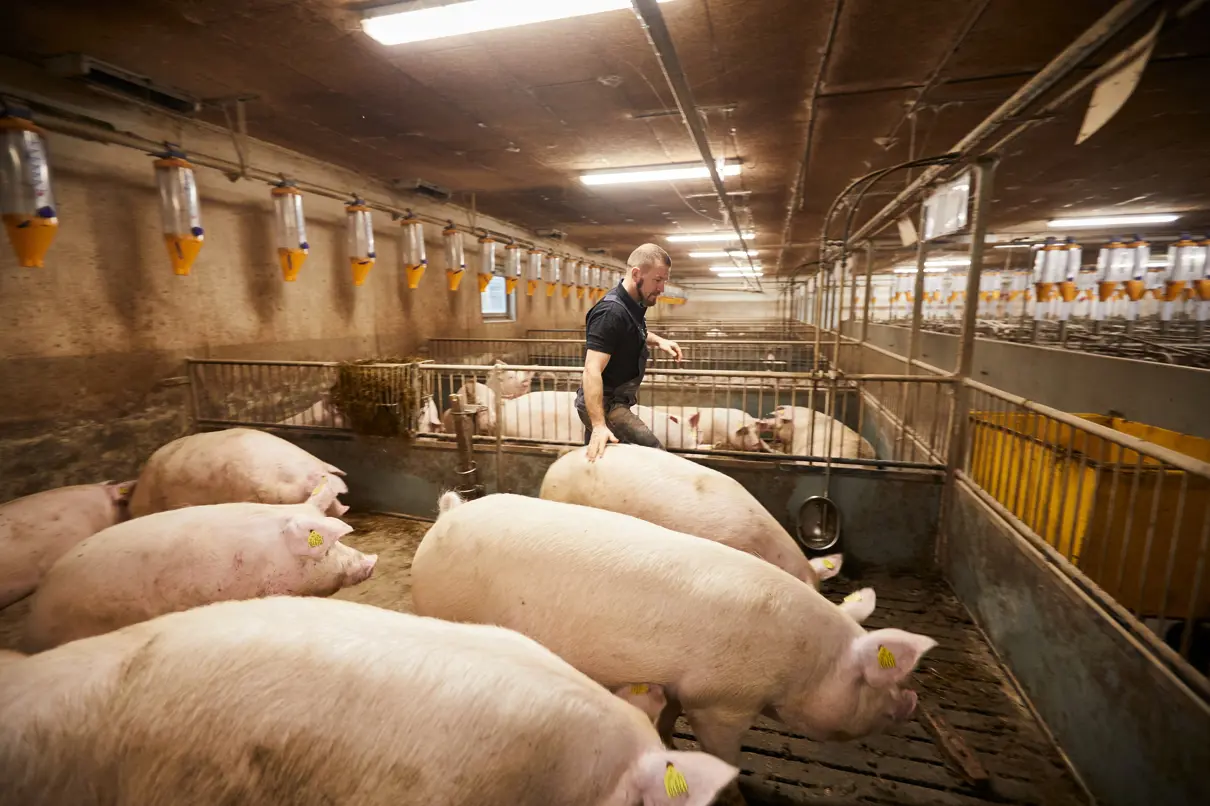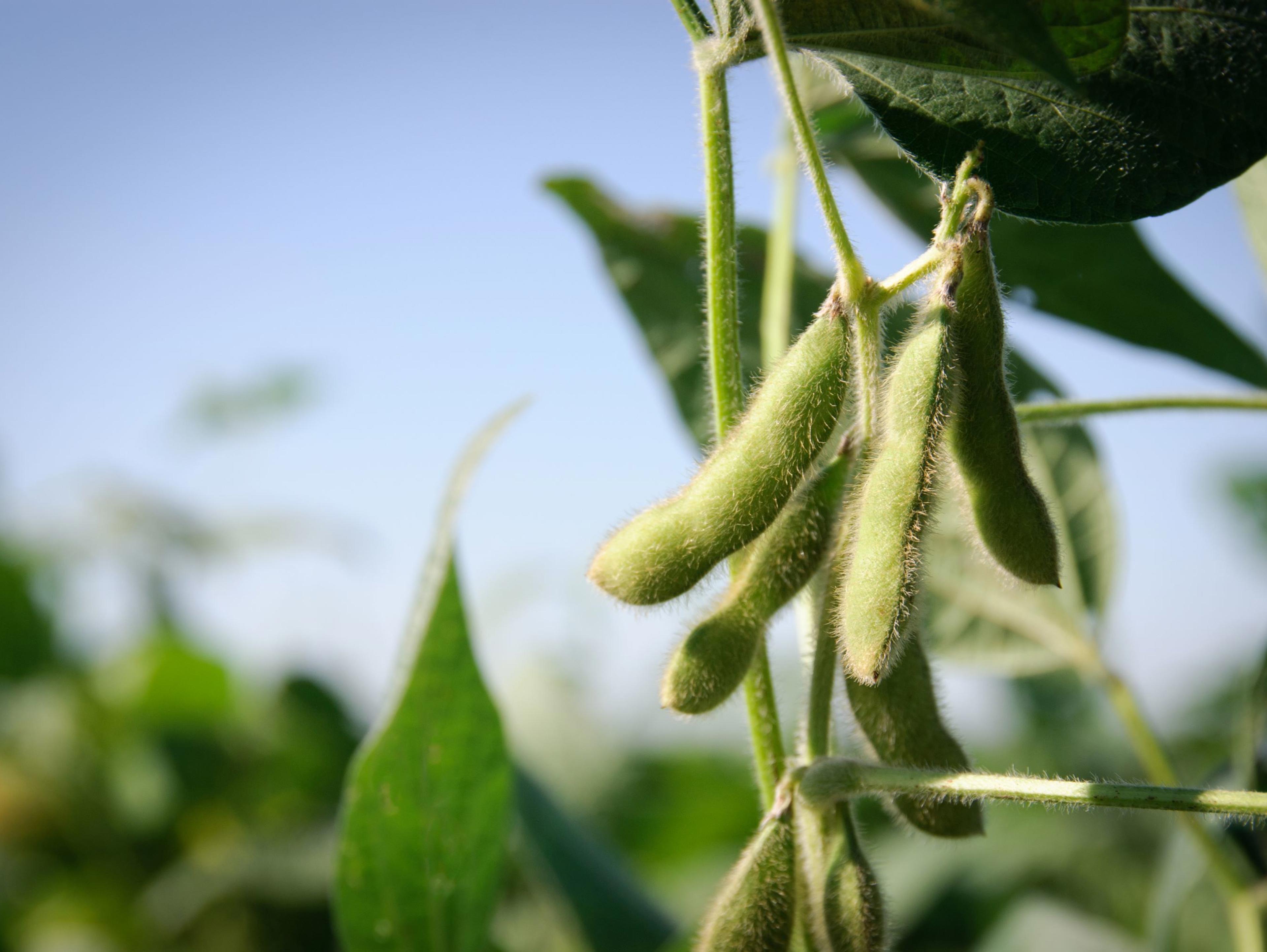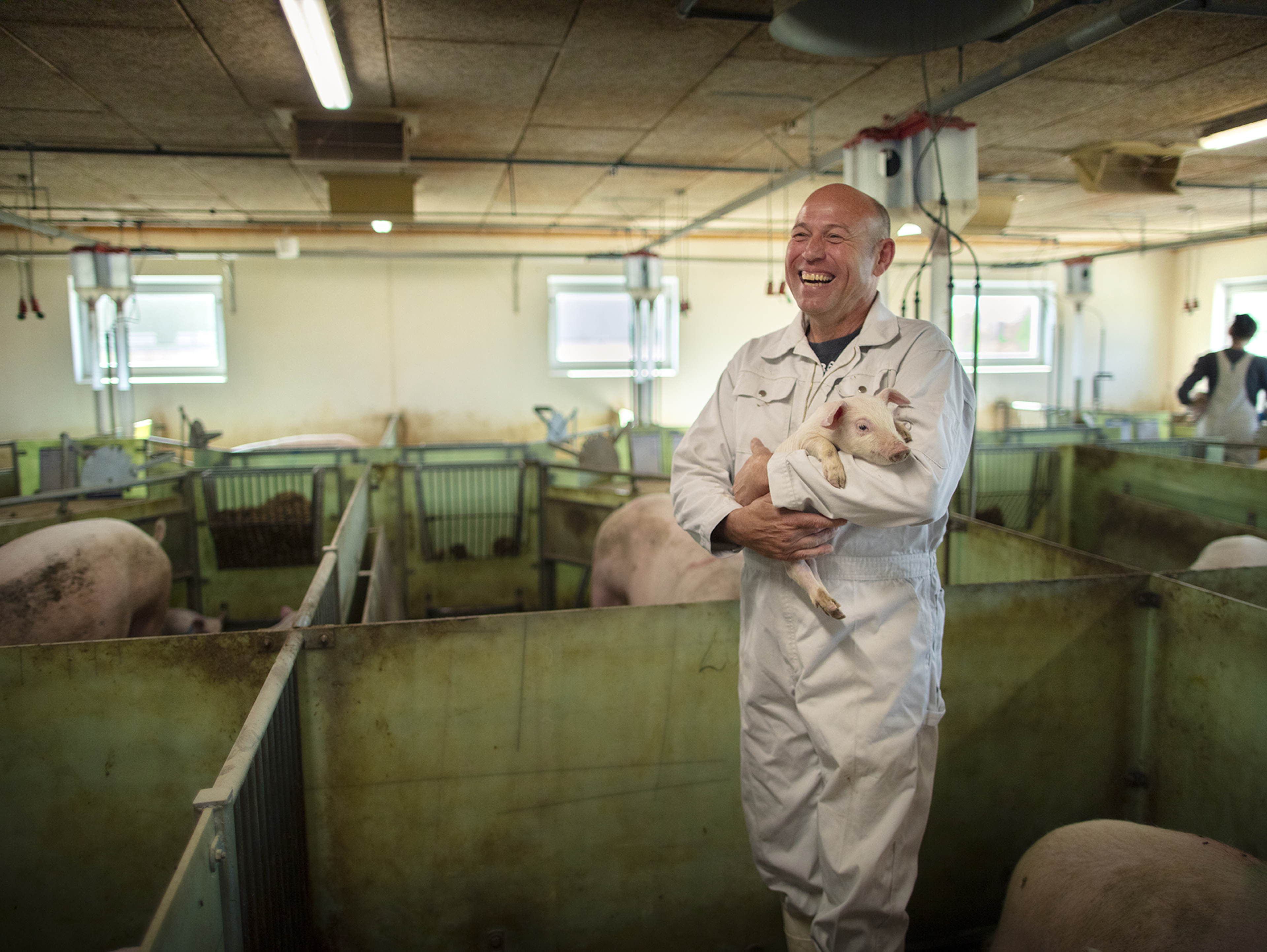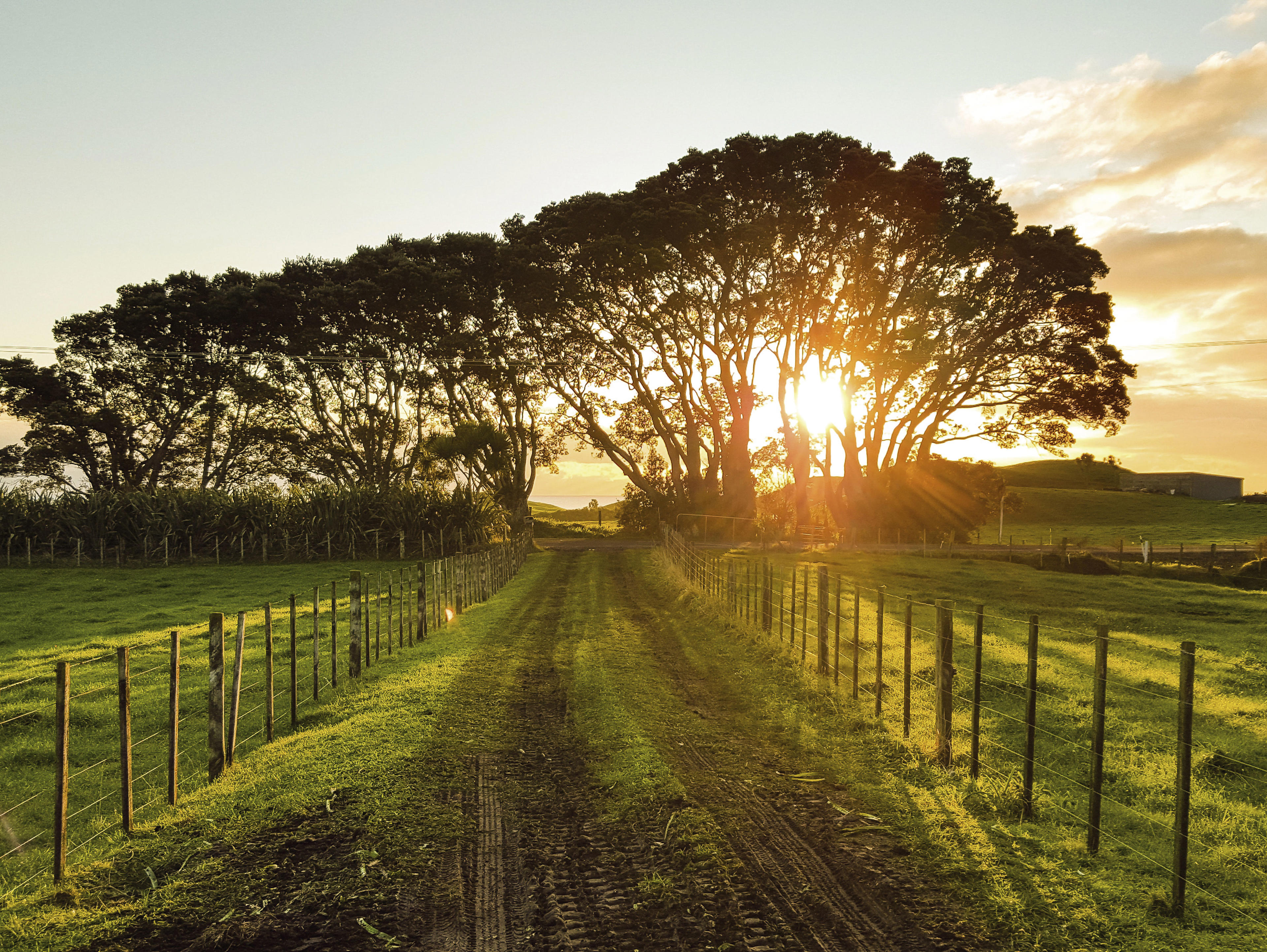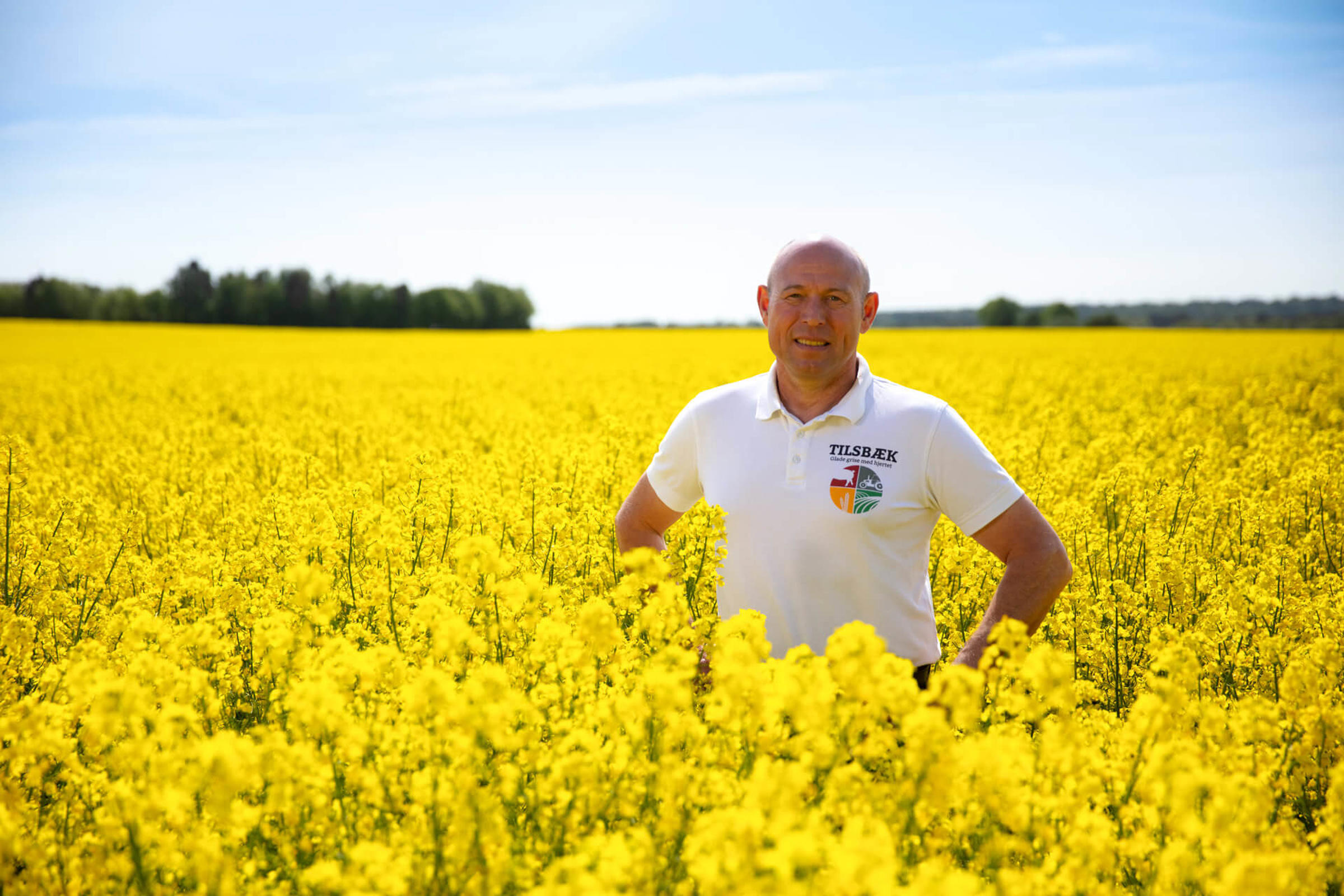
Governance with close links to farmers
Being part of a cooperative and the community has always been important to Michael Nielsen, who owns the farm Tilsbæk near Slangerup in North Zealand, Denmark. The farm serves as a link between rural and urban communities and engaging in dialogue and bringing forward new perspectives to the board is important for him. Michael is also passionate about animal welfare and is a member of the Danish Animal Ethics Council and the Veterinary Committee in the Danish Agriculture & Food Council.
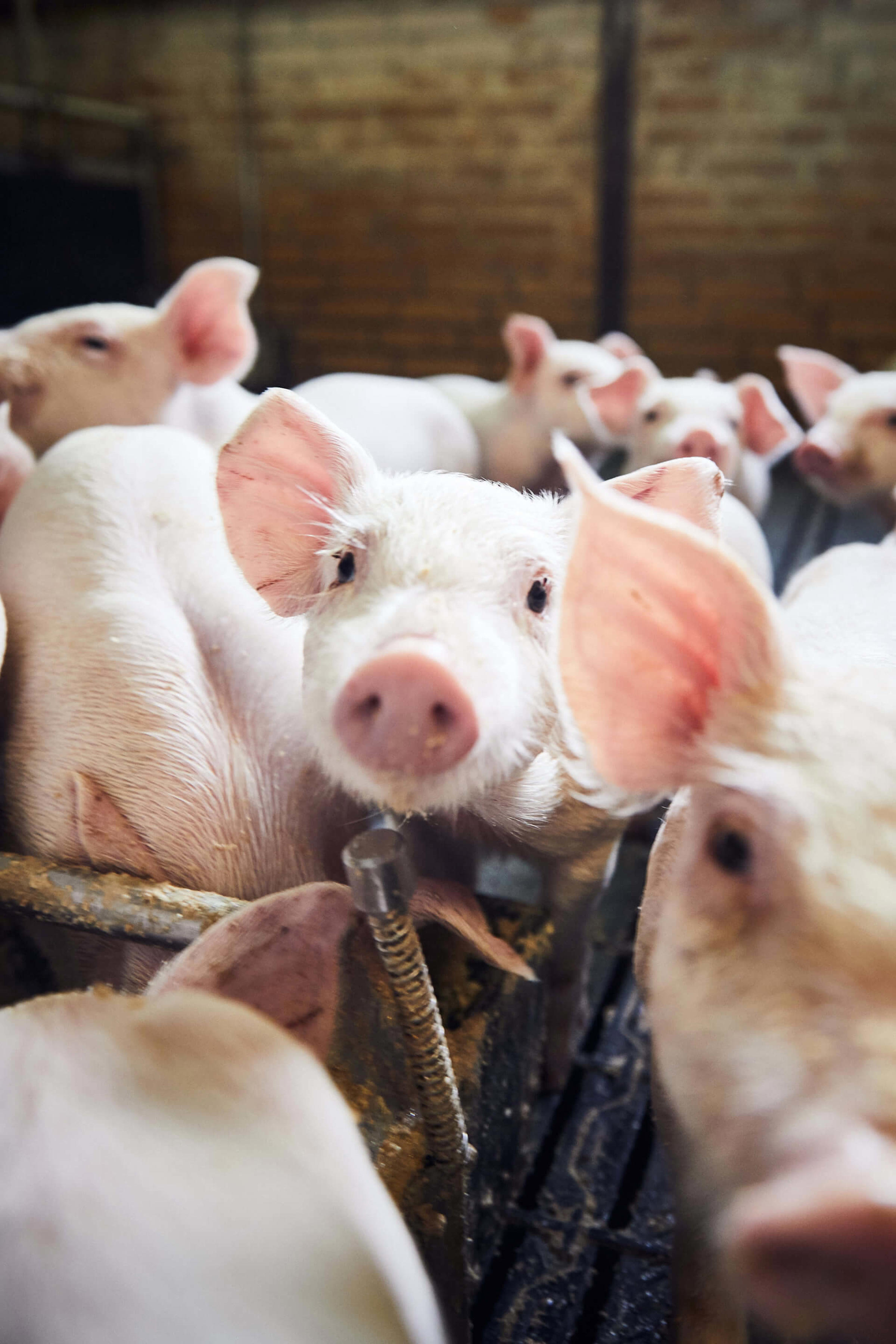
Our Policy for Animal Welfare
Our Policy for Animal Welfare is part of our strategy, and it reinforces our commitment to animal welfare in general. The policy outlines our position on animal welfare in the supply chain, including aspects like routine confinement, transportation, humane slaughtering, use of antibiotics and growth promoters, as well as animal welfare management and partnerships. We will regularly review our animal welfare policy in collaboration with relevant stakeholders. Our Policy for Animal Welfare is supported by our Codes of Practice for livestock suppliers.
You can also explore our animal welfare reports here
Concepts that care
We have a number of concepts and brands that deliver products with particularly good animal welfare. These include the Danish Antonius and Bornholmergrisen, Free Range Pigs and Cattle, ‘Dansk Kalv’, the Polish Together into the Future and the Swedish Robust Calf concepts.
In addition, our ‘Dansk Kalv’ products on the Danish market have been awarded two out of three stars in the Danish state welfare label Better Animal Welfare.
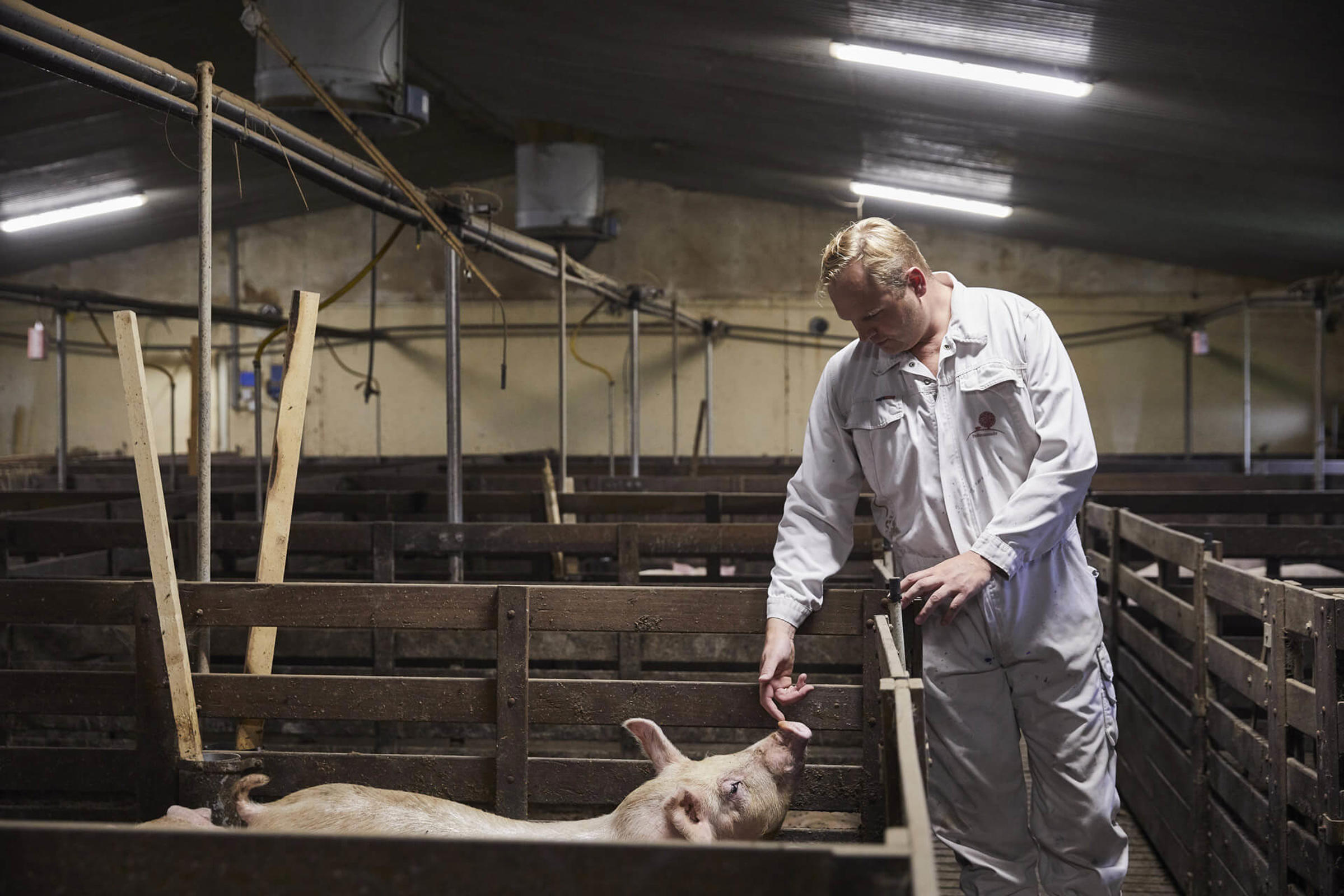
Under controlled conditions
In Denmark, Sweden and Germany, our control process for animal welfare with three steps:
- Self-checks, which are carried out by specially trained farm and abattoir staff.
- Veterinary controls with state employed veterinarians monitoring the entire process from rearing of the animals at the farms to inspections of individual animals at the abattoir.
- And unannounced external controls performed by relevant authorities and customers. The controls include mortality, proper use of hospital pens for animals and the use of medicines, which are monitored closely at the farms and are always subject to approval by the affiliated veterinarians.
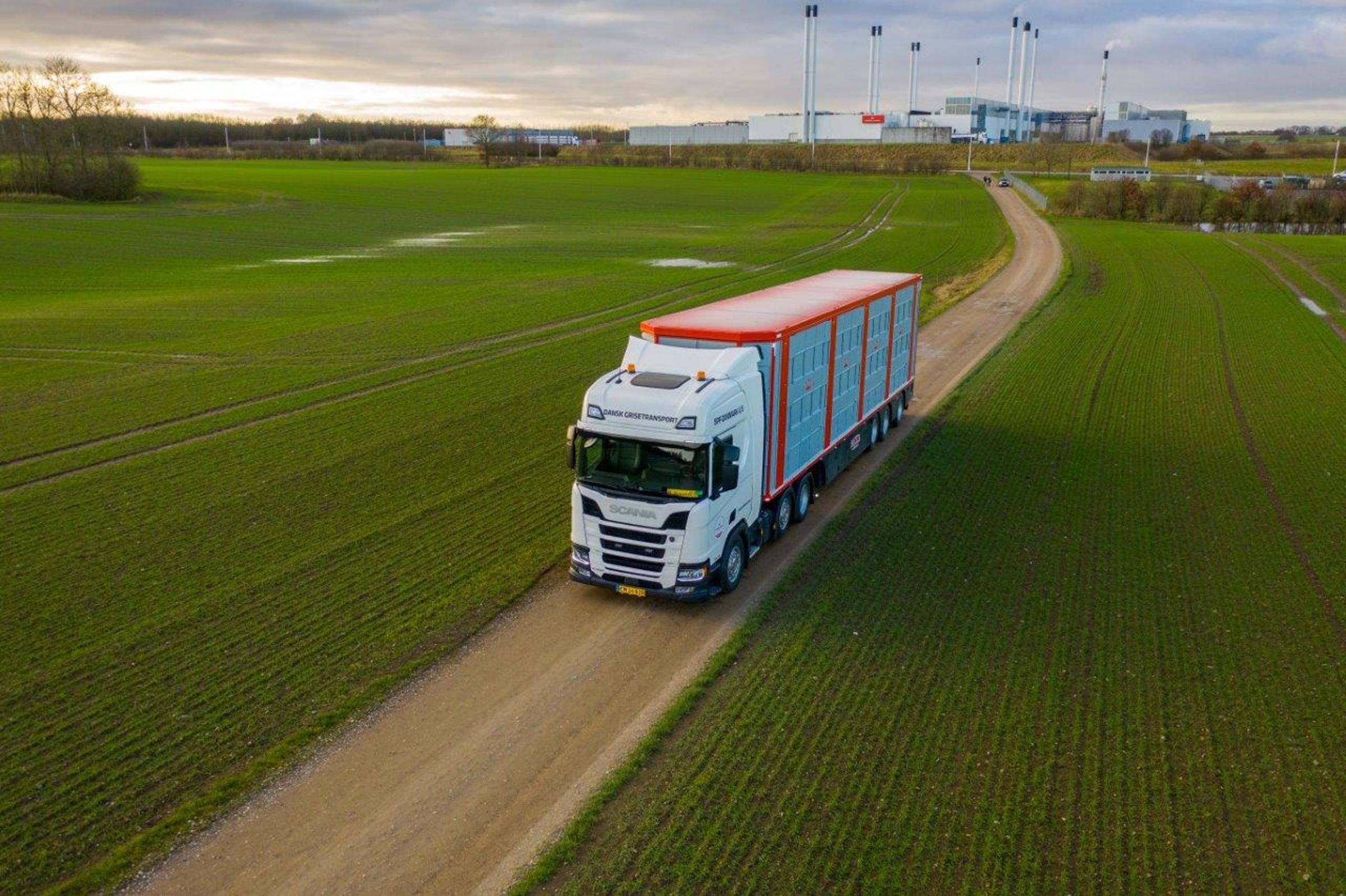
Working towards shorter and safer transportation
In Danish Crown we support short and safe transportation. All livestock journey times are kept to a minimum and as a rule are not permitted to exceed 8 hours. If the journey time is extended, this is only approved if the transport trucks meet additional animal welfare requirements and meet EU legislative requirements.
